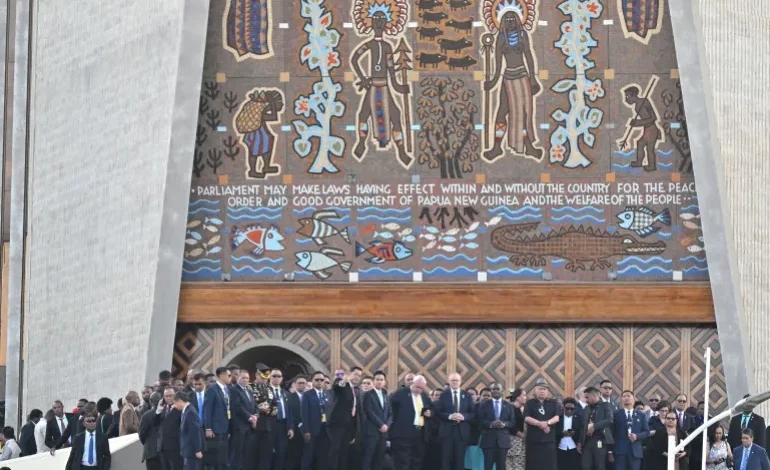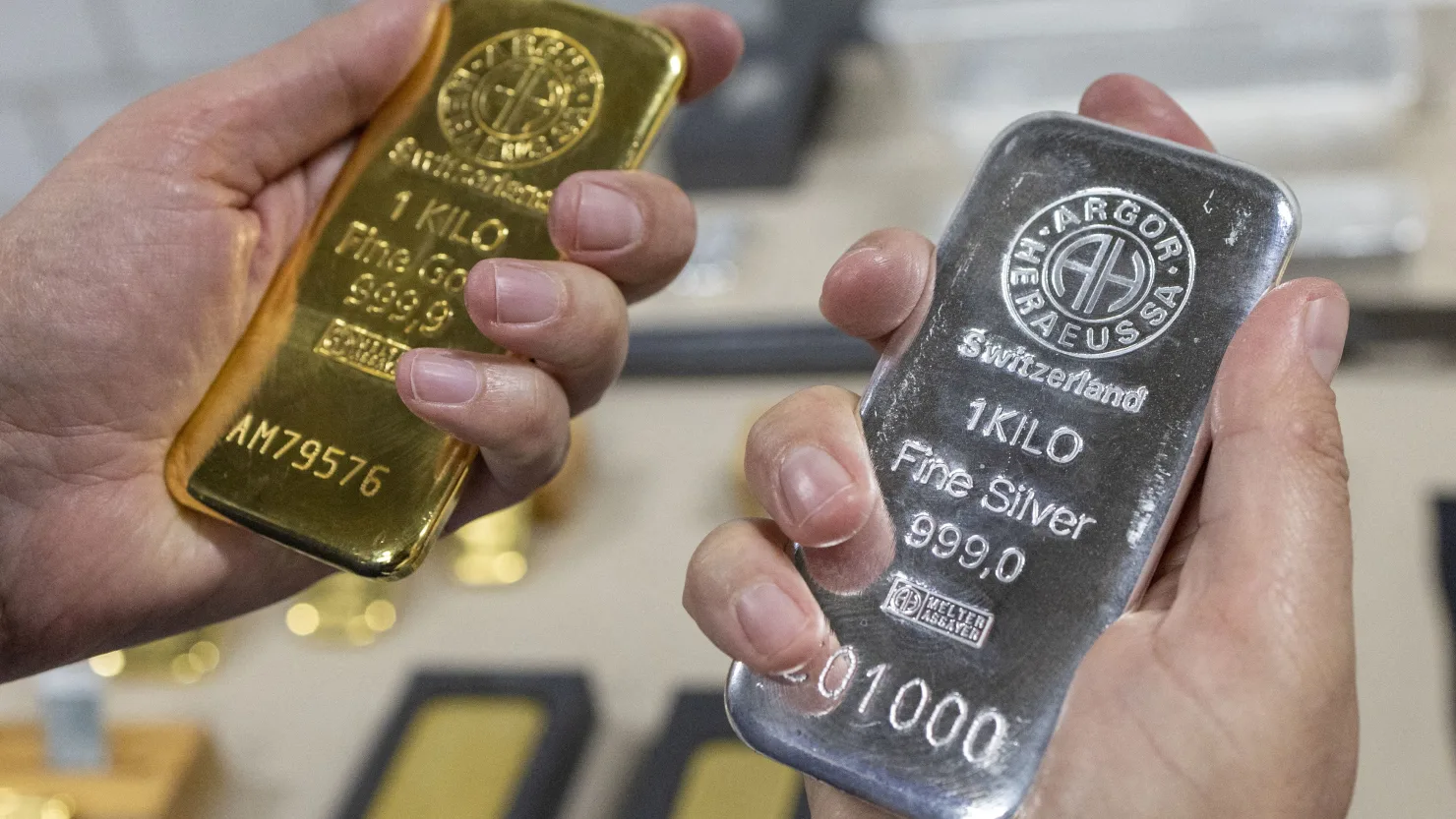Australia, Papua New Guinea Sign Defence Pact Amid Rising Pacific Tensions

Australia and Papua New Guinea are tightening their security ties with a historic defence treaty that commits both nations to defend each other in case of an armed attack — a clear signal in response to rising geopolitical tensions in the Pacific.
The treaty, described by observers as a direct counter to China’s growing influence in the region, is set to be officially signed Wednesday in Port Moresby by Australian Prime Minister Anthony Albanese and PNG Prime Minister James Marape.
The agreement, revealed ahead of the signing by AFP, states:
“Each Party recognises that an armed attack on either of the Parties within the Pacific would be dangerous to each other’s peace and security and the security of the Pacific.”
It also commits both countries to “act to meet the common danger, in accordance with its constitutional processes.” Beyond defence, the treaty allows citizens of both nations to serve in each other’s armed forces — and even enables PNG nationals to gain Australian citizenship.
The signing coincides with PNG’s 50th anniversary of independence from Australia, marked by a flag-raising ceremony at Independence Hill. Albanese attended the celebration and announced a symbolic gift: Australia will fund the construction of a new ministerial wing for PNG’s Parliament House.
“Our support for the expansion of Parliament House is an investment in Papua New Guinea’s democracy and sovereignty that will benefit future generations,” said Albanese.
Representatives from the U.S. and the UK were also present, including U.S. Deputy Secretary of State Christopher Landau and Prince Edward, who stood in for his brother, King Charles III — PNG’s official head of state. King Charles also attended PNG’s original independence ceremony in 1975 on behalf of Queen Elizabeth II.
Despite the symbolism and celebration, the treaty has raised eyebrows among some PNG lawmakers, who worry it might tip the country too far into one geopolitical camp.
Several Pacific island nations, PNG included, are walking a diplomatic tightrope, trying not to pick sides in the ongoing standoff between the U.S. and China. PNG’s traditional foreign policy stance has been one of “friend to all, enemy to none,” and some fear the pact with Australia could blur that line.
The signing was initially planned for Monday but was postponed. Albanese, speaking in Port Moresby, confirmed:
“We will be able to advance the treaty tomorrow.”
PNG, a nation of nearly 12 million people with over 800 Indigenous languages, has long been considered a post-colonial success story. But in an era of shifting alliances and regional power plays, it now finds itself right in the middle of a bigger global game.









The latest news in your social feeds
Subscribe to our social media platforms to stay tuned